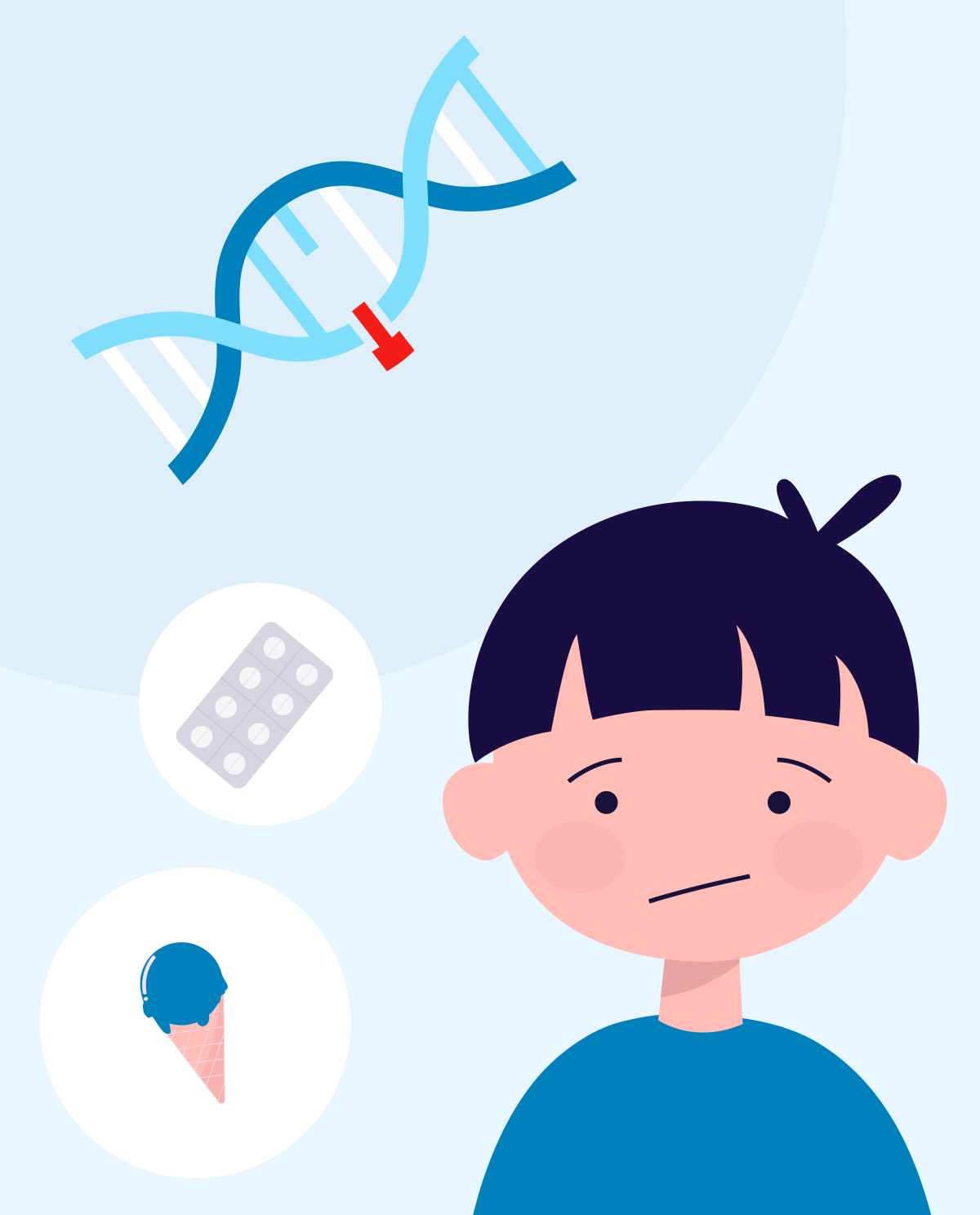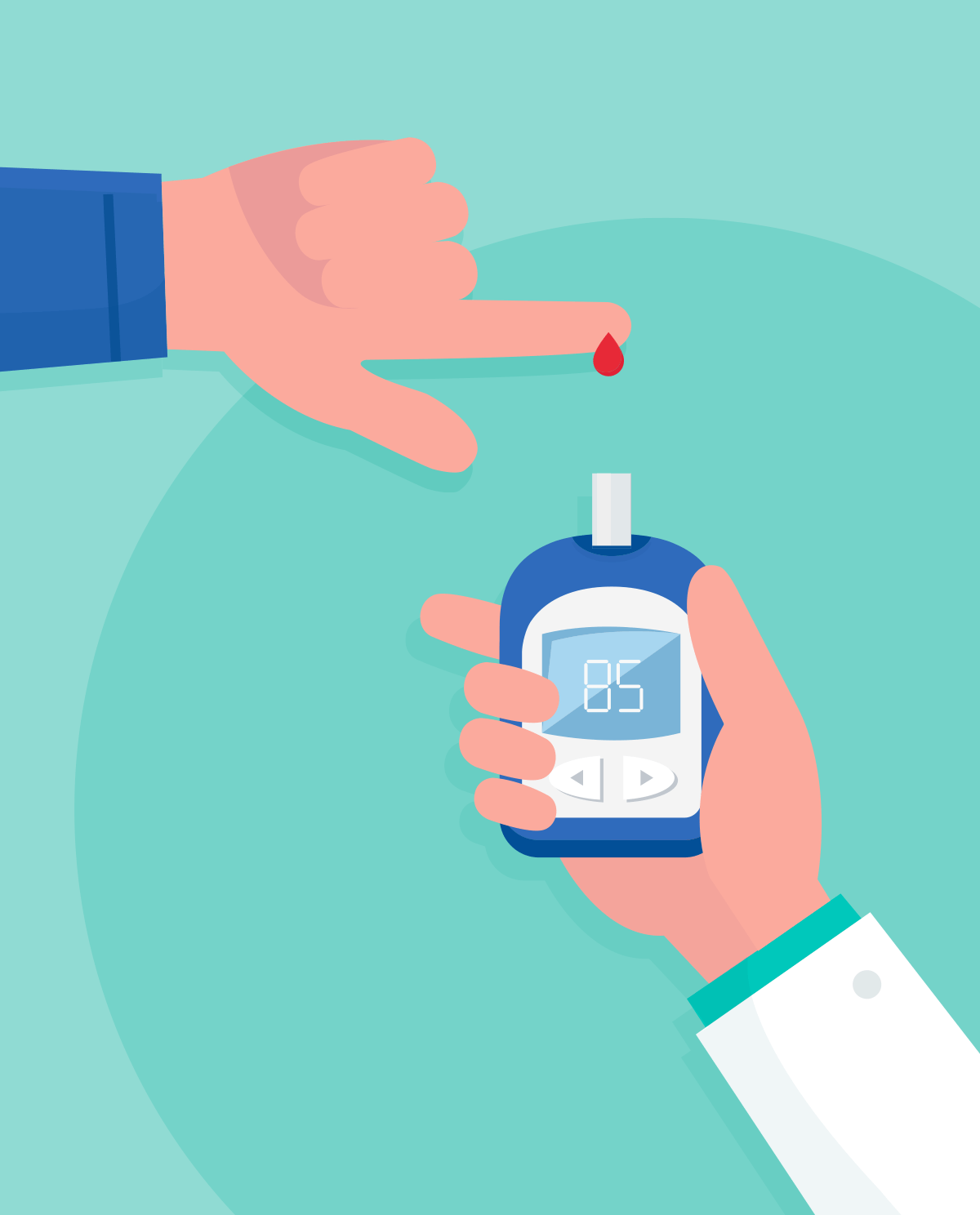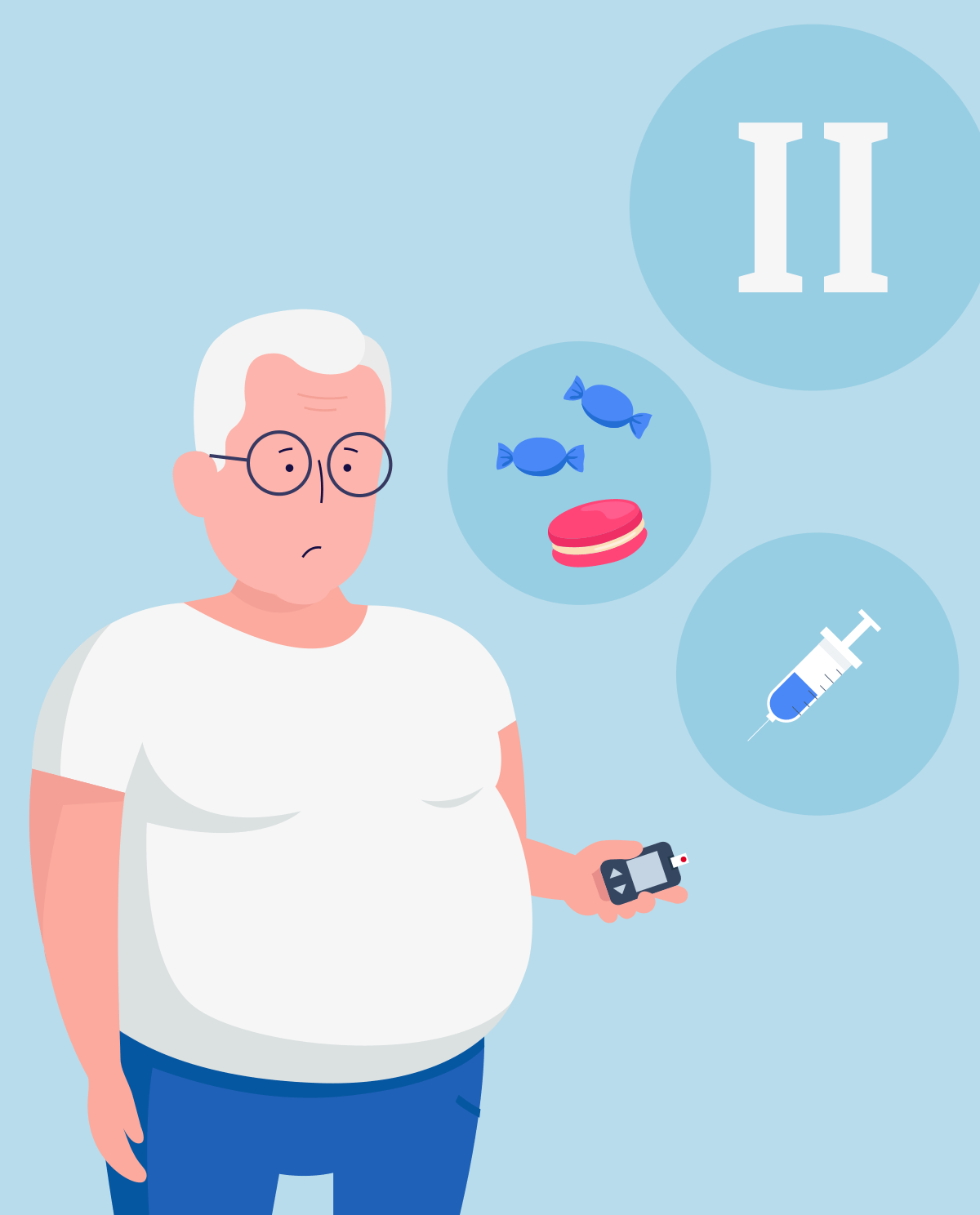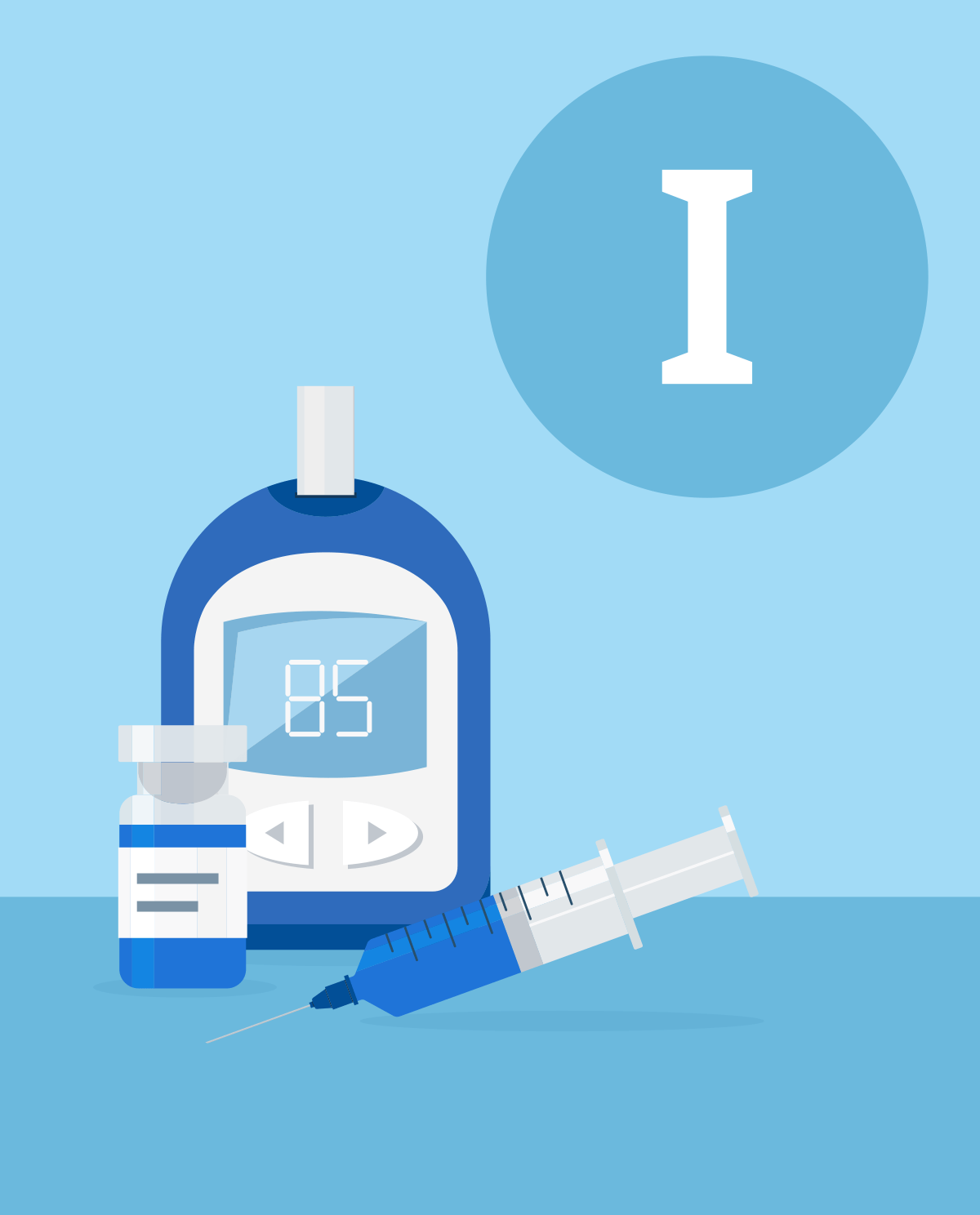MODY: Is diabetes in children always type 1?
When diabetes is diagnosed in adults or children, the question that follows is usually whether it is type 1 or 2? Meanwhile, genetic research has revealed two more types of diabetes: Maturity Onset Diabetes of the Young (MODY) and Latent Autoimmune Diabetes in Adults (LADA). If you know someone with diabetes or if you yourself have been previously diagnosed, it’s a good idea to check if you or they have the right diagnosis.






